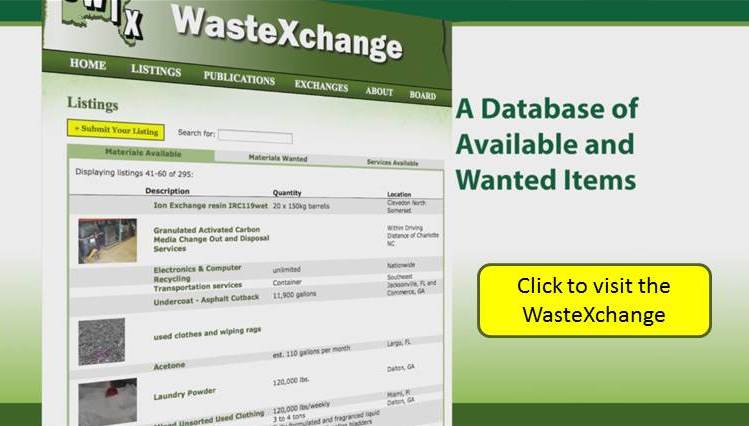Benefits of Glass Recycling: Why Recycle Glass?

Glass recycling is both simple and beneficial.
Let’s start with the benefits of glass recycling
Glass Recycling is Good for the Environment
A glass bottle that is sent to a landfill can take up to a million years to break down. By contrast, it takes as little as 30 days for a recycled glass bottle to leave your kitchen recycling bin and appear on a store shelf as a new glass container.
Glass Recycling is Sustainable
Glass containers are 100-percent recyclable, which means they can be recycled repeatedly, again and again, with no loss of purity or quality in the glass.
Glass Recycling is Efficient
Recovered glass from glass recycling is the primary ingredient in all new glass containers. A typical glass container is made of as much as 70 percent recycled glass. According to industry estimates, 80 percent of all recycled glass eventually ends up as new glass containers.
_______
NEED ASSISTANCE WITH GLASS RECYCLING?
WE SPECIALIZE IN MATERIALS EXCHANGE
OUR OFFICE SERVES TO CONNECT MATERIALS PRODUCERS AND USERS
CONTACT 800-441-7949
_______
Glass Recycling Conserves Natural Resources
Every ton of glass that is recycled saves more than a ton of the raw materials needed to create new glass, including: 1,300 pounds of sand; 410 pounds of soda ash; and 380 pounds of limestone.
Glass Recycling Saves Energy
Making new glass means heating sand and other substances to a temperature of 2,600 degrees Fahrenheit, which requires a lot of energy and creates a lot of industrial pollution. One of the first steps in glass recycling is to crush the glass and create a product called “cullet.” Making recycled glass products from cullet consumes 40 percent less energy than making new glass from raw materials, because cullet melts at a much lower temperature.
Recycled Glass is Useful
Because glass is made from natural materials such as sand and limestone, it glass containers have a low rate of chemical interaction with their contents. As a result, glass can be safely reused. Besides serving as the primary ingredient in new glass containers, recycled glass also has many other commercial uses—from creating decorative tiles and landscaping material to rebuilding eroded beaches.
Glass Recycling is Simple
As I pointed out at the beginning of this article, glass recycling is simple. It’s simple, because glass is one of the easiest materials to recycle. For one thing, glass is accepted by almost all curbside recycling programs and municipal recycling centers. About all most people have to do to recycle glass bottles and jars is to carry their recycling bin to the curb, or maybe drop off their empty glass containers at a nearby collection point.
Glass Recycling Pays
If you need an extra incentive to recycle glass, how about this: Several U.S. states offer cash refunds for most glass bottles, so in some areas glass recycling can actually put a little extra money in your pocket.
Posted in: Uncategorized
Leave a Comment (0) ↓
